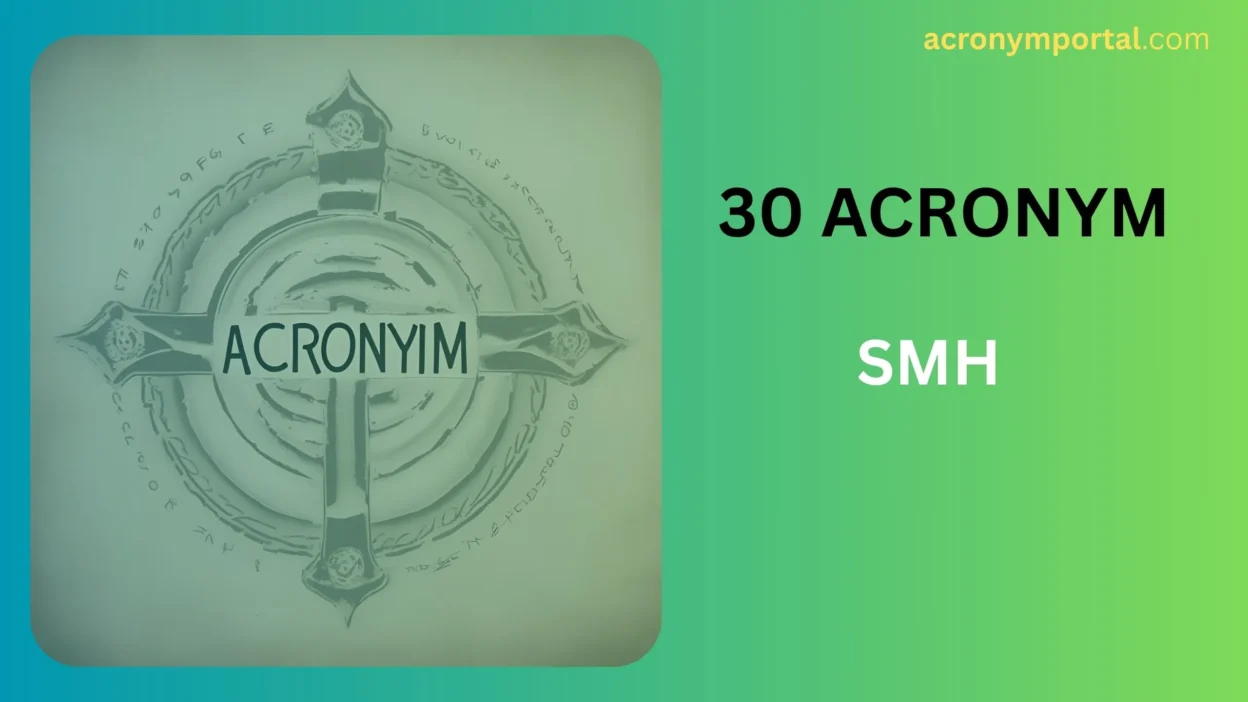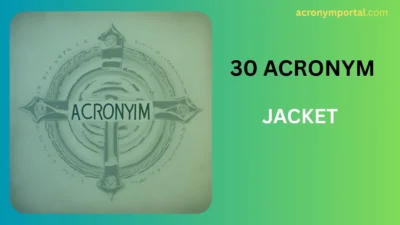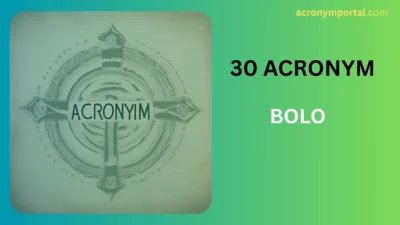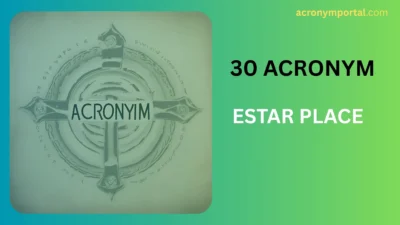The internet is full of shorthand, and one of the most expressive acronyms out there is SMH, which stands for “Shaking My Head.” It’s often used online or in texts to convey disappointment, disbelief, frustration, or disapproval—sometimes serious, sometimes playful.
But sometimes, “SMH” just doesn’t quite hit the right emotional tone. Maybe you need something funnier, more dramatic, subtler, or even more sarcastic. That’s where having a toolkit of alternatives to “SMH” comes in handy.
Below, you’ll find 30 expressions, acronyms, and slang terms you can use instead of “SMH,” each with a clear meaning, example sentence, and guidance on when it’s most appropriate to use. Whether you’re tweeting, texting, or writing content that mimics digital speech, these alternatives give you flexibility, personality, and precision.
🔁 30 Alternatives to “SMH” (Shaking My Head)
1. Facepalm
Meaning: Expressing disbelief or frustration via a mental head slap.
Example: When he forgot his keys again—facepalm.
When to use: Funny or sarcastic frustration.
2. FML (F* My Life)**
Meaning: Expressing hopelessness or annoyance.
Example: Spilled coffee on my laptop. FML.
When to use: More dramatic or self-pitying moments.
3. SMDH (Shaking My Damn Head)
Meaning: A more intense version of SMH.
Example: You really tried to microwave foil? SMDH.
When to use: For extreme disbelief or irritation.
4. LOLWUT
Meaning: Laughing out loud, followed by “What?”—used in confusion.
Example: He wore socks with sandals to the gala. LOLWUT?
When to use: Confused amusement.
5. Bruh
Meaning: One-word expression of disbelief or disappointment.
Example: Bruh. You had one job.
When to use: Casual, Gen Z–style reactions.
6. Deadass
Meaning: Used to express seriousness about your disbelief.
Example: Deadass thought you were joking. You weren’t.
When to use: When shock meets disbelief.
7. No Words
Meaning: So stunned you can’t even respond.
Example: You wore that to a funeral? No words.
When to use: When stunned into silence.
8. Yikes
Meaning: Expressing discomfort, awkwardness, or disbelief.
Example: You told your boss that? Yikes.
When to use: Lighthearted cringe moments.
9. Cringe
Meaning: Discomfort from secondhand embarrassment.
Example: His promposal went viral for the wrong reasons—cringe.
When to use: For awkward or embarrassing situations.
10. Sheesh
Meaning: Mild disapproval or surprise.
Example: Sheesh, calm down—it’s just a game.
When to use: Friendly teasing or emphasis.
11. TF (The F*)**
Meaning: Shocked or confused reaction.
Example: TF is going on in this group chat?
When to use: Unfiltered confusion or judgment.
12. LMAO (Laughing My A Off)**
Meaning: Laughing uncontrollably, sometimes in disbelief.
Example: You actually did that? LMAO.
When to use: Funny disbelief.
13. IDC (I Don’t Care)
Meaning: A dismissive or tired response.
Example: He can think whatever he wants. IDC.
When to use: For indifference that masks disapproval.
14. SMFH (Shaking My F*ing Head)**
Meaning: Stronger, more exasperated version of SMH.
Example: You believed that conspiracy? SMFH.
When to use: High-intensity frustration.
15. Make It Make Sense
Meaning: Calling out absurdity.
Example: You bought a $1,000 phone but skipped rent? Make it make sense.
When to use: To highlight illogical choices.
16. Chile…
Meaning: Slang for “child,” used to imply silent judgment or disbelief.
Example: Chile… the ghetto.
When to use: Popular in Black Twitter and meme culture.
17. C’mon Now
Meaning: Expresses disappointment or calling someone out.
Example: You really did that? C’mon now.
When to use: Parental or scolding tone.
18. I Can’t
Meaning: Overwhelmed by ridiculousness.
Example: He proposed with a Ring Pop. I can’t.
When to use: Dramatic or exaggerated disbelief.
19. Bruhhh
Meaning: Extended “bruh” for more emphasis.
Example: Bruhhh, no way you just did that.
When to use: When “bruh” alone isn’t enough.
20. Whyyyy
Meaning: Begging the universe for answers.
Example: He dyed his dog blue. Whyyyy.
When to use: Exasperated confusion.
21. Tbh (To Be Honest)
Meaning: Introducing a blunt or disappointing opinion.
Example: Tbh, that’s not the flex you think it is.
When to use: Disguising judgment in honesty.
22. Whew Chile
Meaning: Expressing secondhand stress or drama.
Example: Whew chile, the drama.
When to use: When it’s all just too much.
23. IDK Man
Meaning: Helpless response to chaos.
Example: They’re getting back together? IDK man.
When to use: Casual confusion.
24. This Ain’t It
Meaning: Disapproving someone’s choice or opinion.
Example: Crocs with socks? This ain’t it.
When to use: Cultural critique or fashion fails.
25. Nope
Meaning: Flat-out rejection or disbelief.
Example: Tried to explain why the Earth is flat. Nope.
When to use: Deadpan disapproval.
26. What Even
Meaning: Incomprehension of logic.
Example: He made lasagna with jellybeans. What even?
When to use: Playful WTF moments.
27. Oof
Meaning: One-word reaction to awkward or painful moments.
Example: Forgot her name mid-conversation. Oof.
When to use: Casual sympathy or cringe.
28. Lord Help Us
Meaning: Dramatic disbelief or concern.
Example: He thinks 2 + 2 = 5. Lord help us.
When to use: Sarcastic or dramatic tone.
29. Say Less
Meaning: I already get it / Disbelief without explanation needed.
Example: She left her baby at the club. Say less.
When to use: Casual or meme-inspired commentary.
30. That Part
Meaning: Strong agreement, often with a side of judgment.
Example: “They really need to grow up.” —That part.
When to use: Agreeing with the shade.
🎯 How to Choose the Right Alternative
✅ Tone
- Use “Yikes,” “Cringe,” “Oof” for awkward moments.
- Choose “SMFH,” “TF,” “Deadass” for stronger, unfiltered reactions.
- Go with “Facepalm,” “Make It Make Sense,” “Chile…” when sarcasm’s the vibe.
✅ Platform
- Texting/Twitter: “Bruh,” “SMH,” “SMDH,” “Chile…”
- Professional but witty writing: “Facepalm,” “No Words,” “Tactful Silence”
- Meme Culture: “Whew Chile,” “That Part,” “This Ain’t It”
✅ Cultural Sensitivity
Some phrases like “Chile…” and “Whew Chile” come from African American Vernacular English (AAVE). It’s respectful to understand their context and tone before using them casually.
🧭 Final Thoughts
Whether you’re reacting to someone’s bad decision, a viral fail, or just the latest internet drama, having more than just “SMH” in your expression toolbox makes your communication funnier, richer, and more specific.
Choosing the right phrase depends on your audience, platform, and vibe. Don’t be afraid to mix it up! After all, language is always evolving—and so should your reactions.




